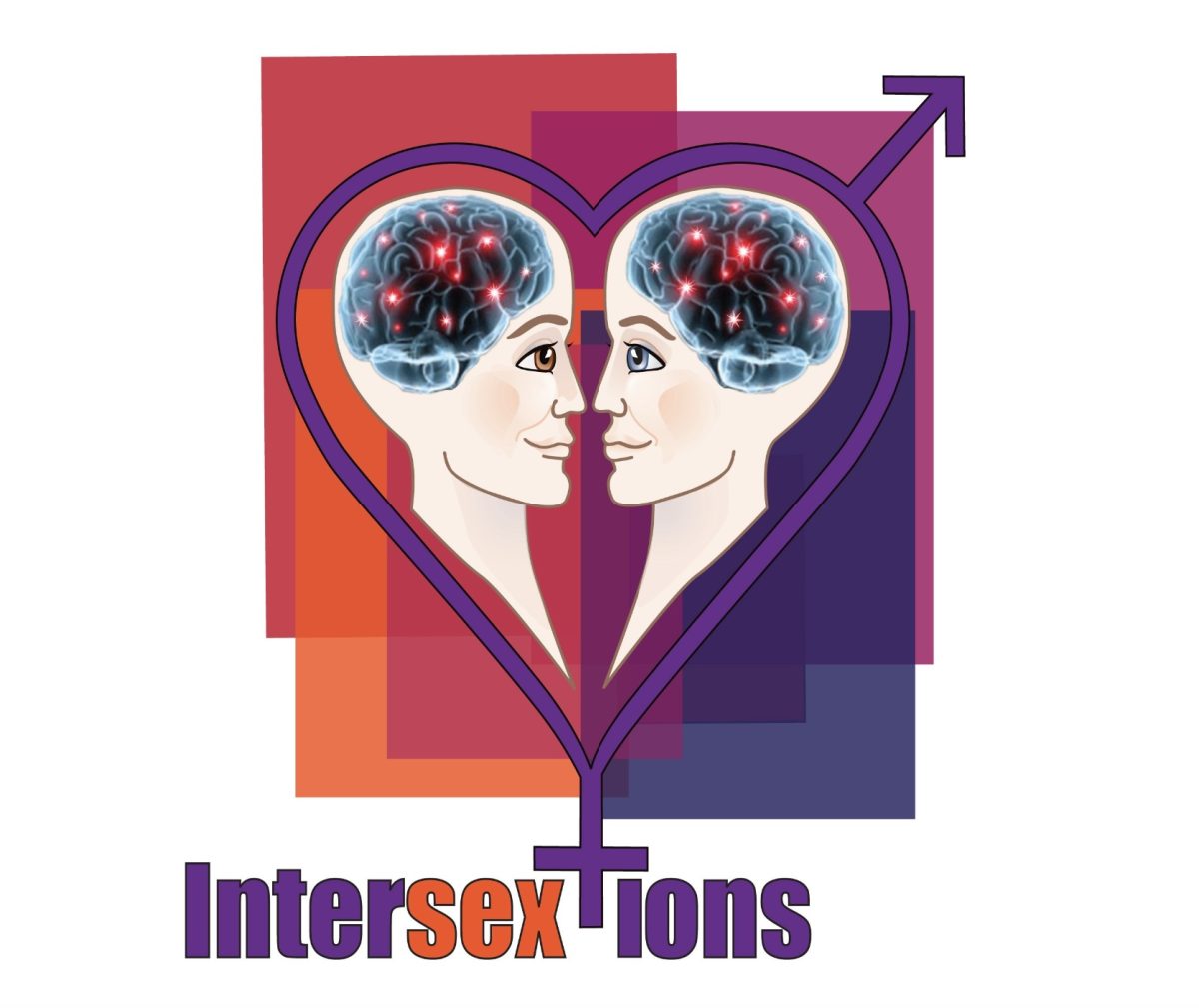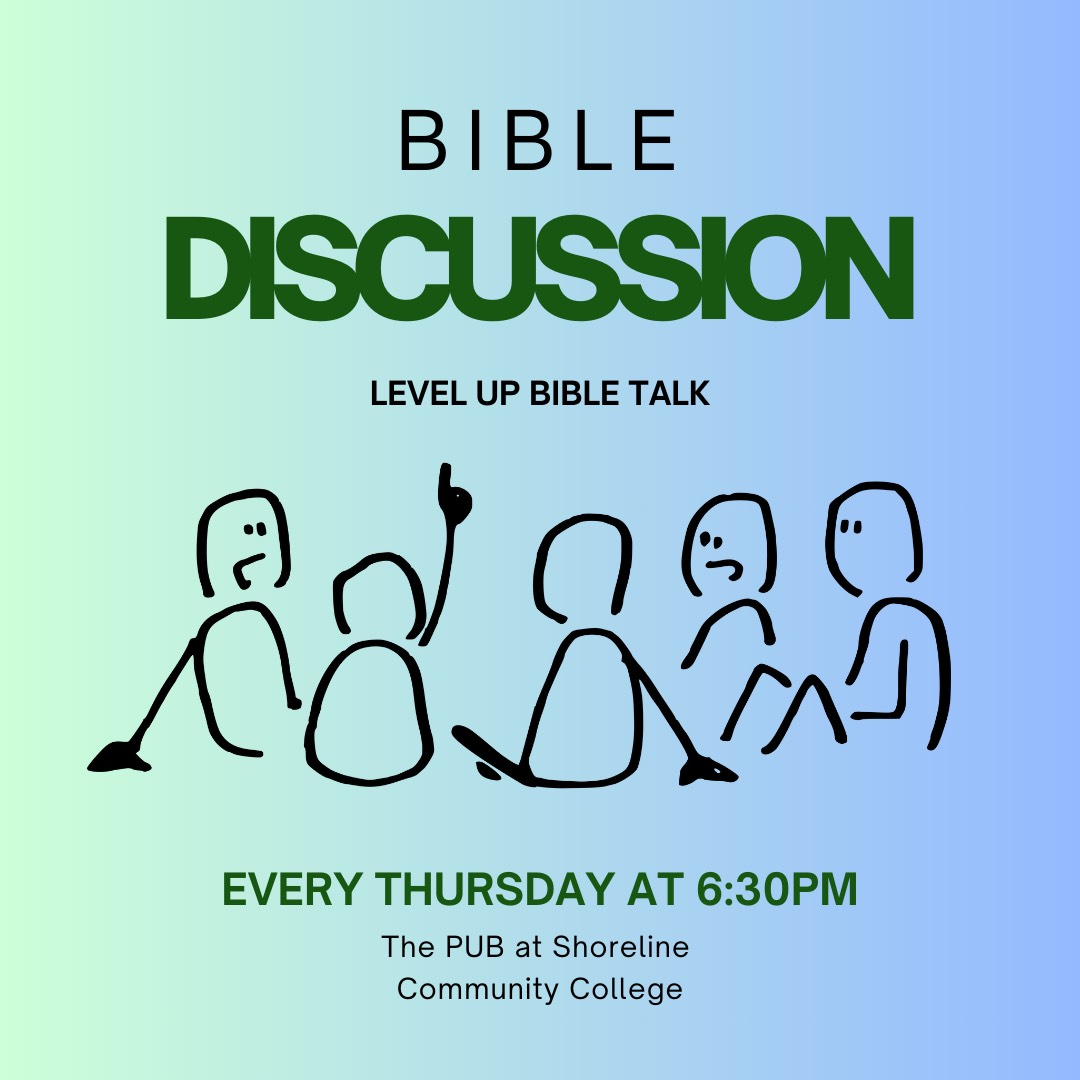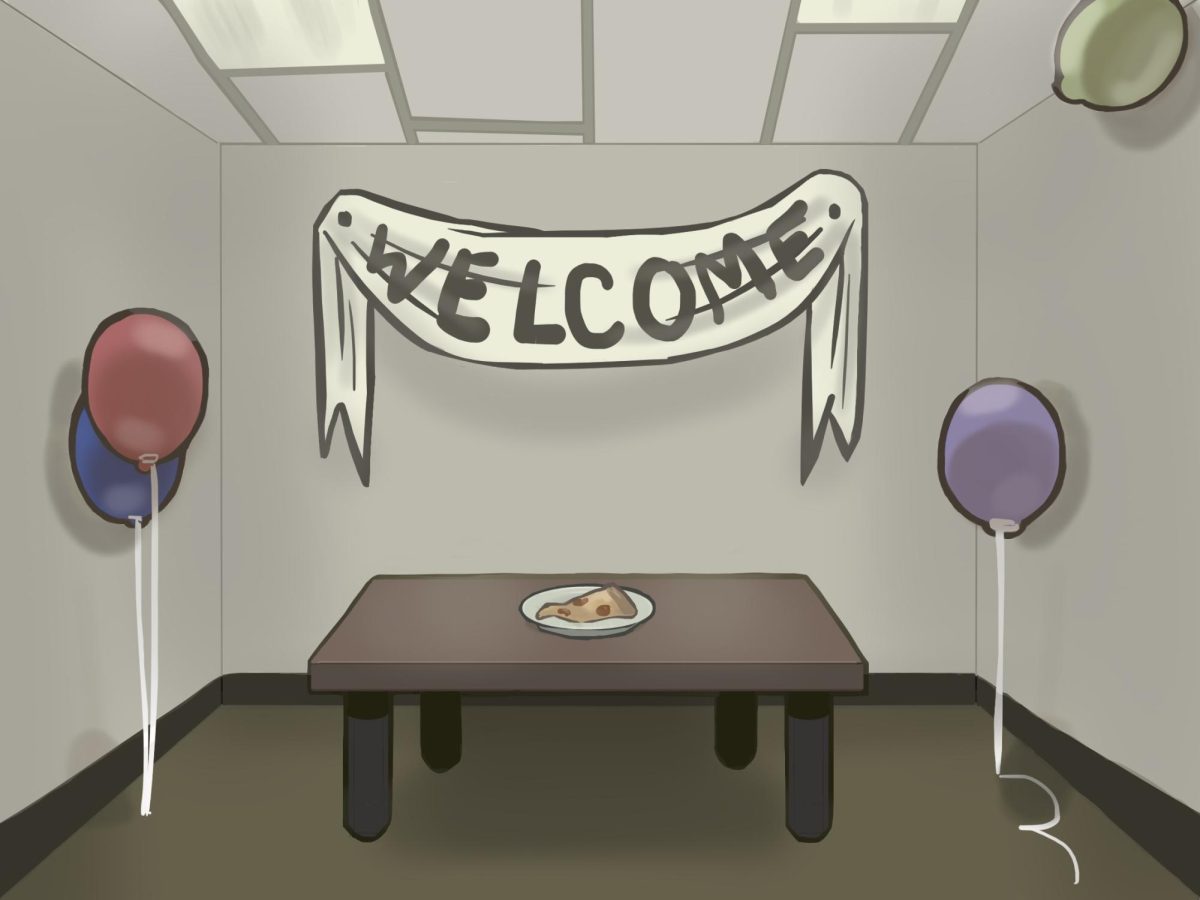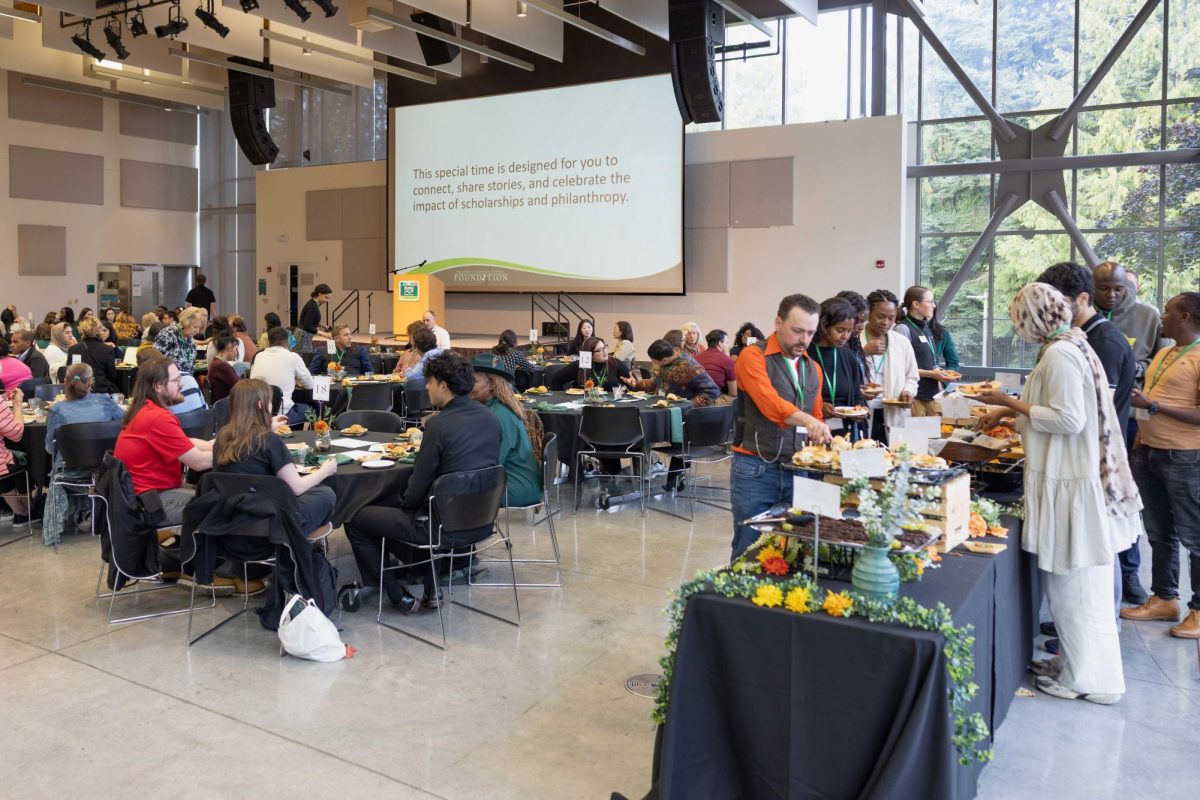Young people now are having less sex than their grandparents’ generation did. It seems very wrong, but it’s true. Professor of Psychology Rachel David says, “We’re in a sex recession now. I don’t know if you know that, but young people are having less sex now than they did 20, 40, 60 years ago.”
For Shoreline students, however, a reprieve is in sight. Behold: returning this spring quarter for the first time since the pandemic, Intersextions! This one and only interdisciplinary class will give students the chance to learn all about relationships, gender, gender identity, including human sexuality.
Not only will the class fulfill two courses’ worth of credits at once, but also give students the opportunity to participate in “a pretty rich experience beyond just learning the content,” as described by Communication Studies Professor Brooke Zimmers.
Interdisciplinary—for those curious—means that the course is taught from two angles: communication and psychology. Taking the course will allow students to complete both CMST101& and PSYCH210 at the same time. Zimmers will be covering the Communication side of the course, while David will provide a psychological perspective to it. That’s right-twice the professor, twice the credits.
Intersextions is worth a whopping 10 credits, but students need not fear committing to double their normal amount of homework per week. Speaking on the workload of the course, David stated, “I do think students need to keep in mind that this is not, you know, a five credit class, right?”
“In terms of how it would compare, if students took the two classes separately, I think it’s actually a fair amount less work because we do have some materials that we’re using to teach both content and then we integrate our tests and we integrate our assignments,” David added.
Don’t just take the professor’s word for it. Tamiya Caldwell, an Intersextions alumnus of 2019 recalls the workload; “Even if it was a lot of homework, I was able to get through it easily because it was so interesting. Usually it wasn’t your traditional homework either, they would get creative with some of the assignments so it wasn’t always just book work.”
The magic of Intersextions lies in the interdisciplinary approach, which allows students to learn about a wide range of topics during the class. Not only will the course curriculum include foundational communication skills and subjects like dating, sex, and relationships—it will also explore conflict and build students’ skills in handling it. As Caldwell described, “It showed me how to have mature conversations surrounding sex and sexuality, health, relationships, and so much more.”
Classes will be held from 9:30 a.m. to 12:30 p.m. on Tuesdays and Thursdays, with an additional online component. This gives students in the class ample time to form close bonds with one another, meaning that classes tend to build into close-knit communities.
“The joy for us is watching the relationships form in the classroom and most of the classes build their own like Facebook page or whatever the current social media thing is of the day,” said Zimmers.
Although some may be curious as to who exactly is Intersextions for? “We want people to have happy, healthy sex lives and happy, healthy relationships and communication. That’s the objective of the class. So, in that sense, it’s for everyone,” said Zimmers.
As a former student, Caldwell can’t recommend the course enough. “I encourage everyone I meet to take a class like Intersextions, it helped me to grow my confidence personally as well as academically.”
One important note for interested students- to register for the course online, you must enroll in both CMST 101& and PSYC 210 on ctcLink. Additionally, a hybrid course fee will be included with the class at $7.00 per credit.
Be sure to snag your spot in Intersextions this upcoming spring quarter. Registration opens to continuing students on February 26th and new students on March 4th. The last day to register for classes this year will be April 9th.
Don’t miss your chance to participate in a one-of-a-kind experience. Perhaps it’s David who says it best, “It’s information that is so important to people’s lives. And if you can take it in a context where you’re also building communication and relationship skills, like, why wouldn’t you want that?”
[Update: This article was updated Mon., Feb. 19 to correct the spelling of “communication” throughout the article.]















